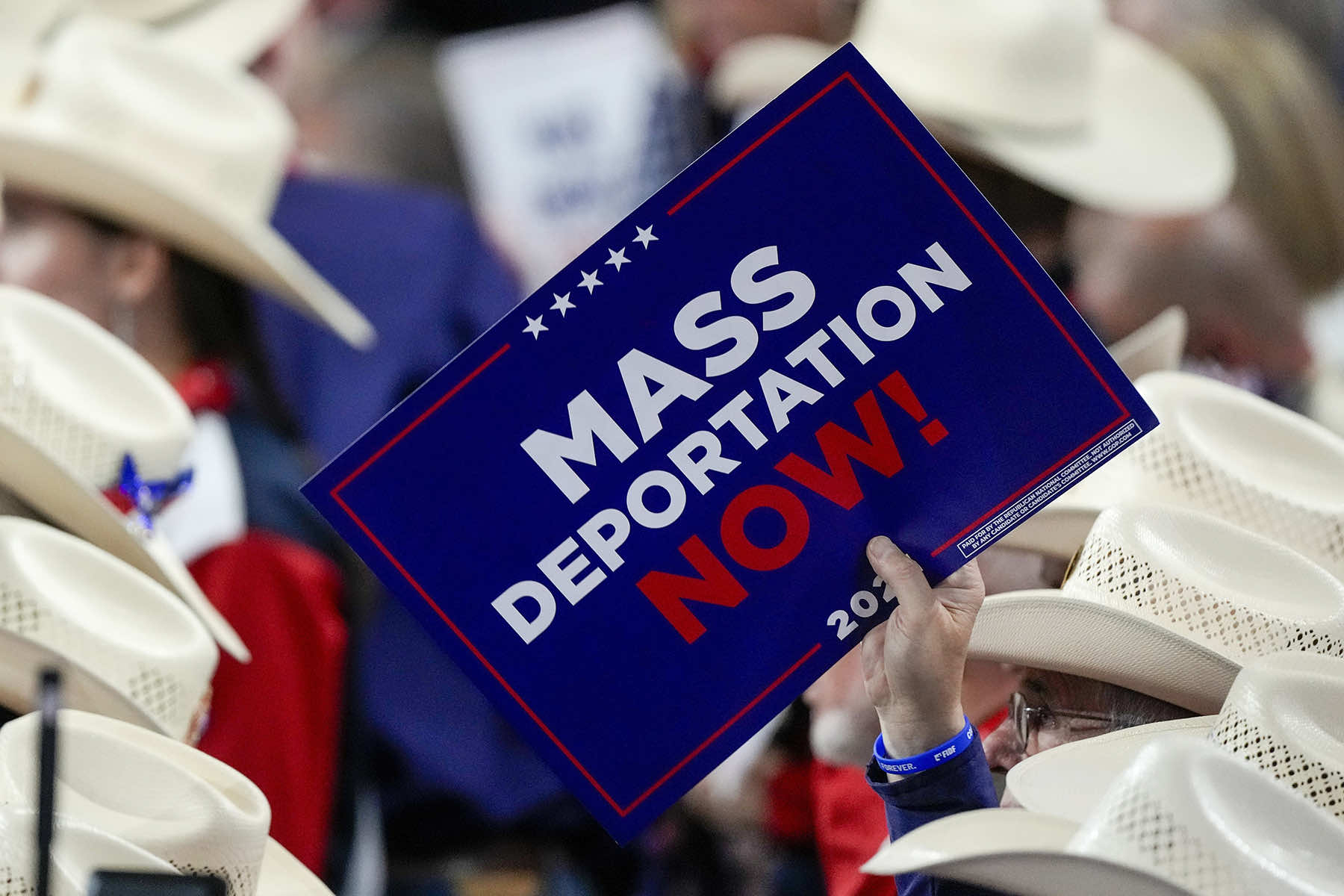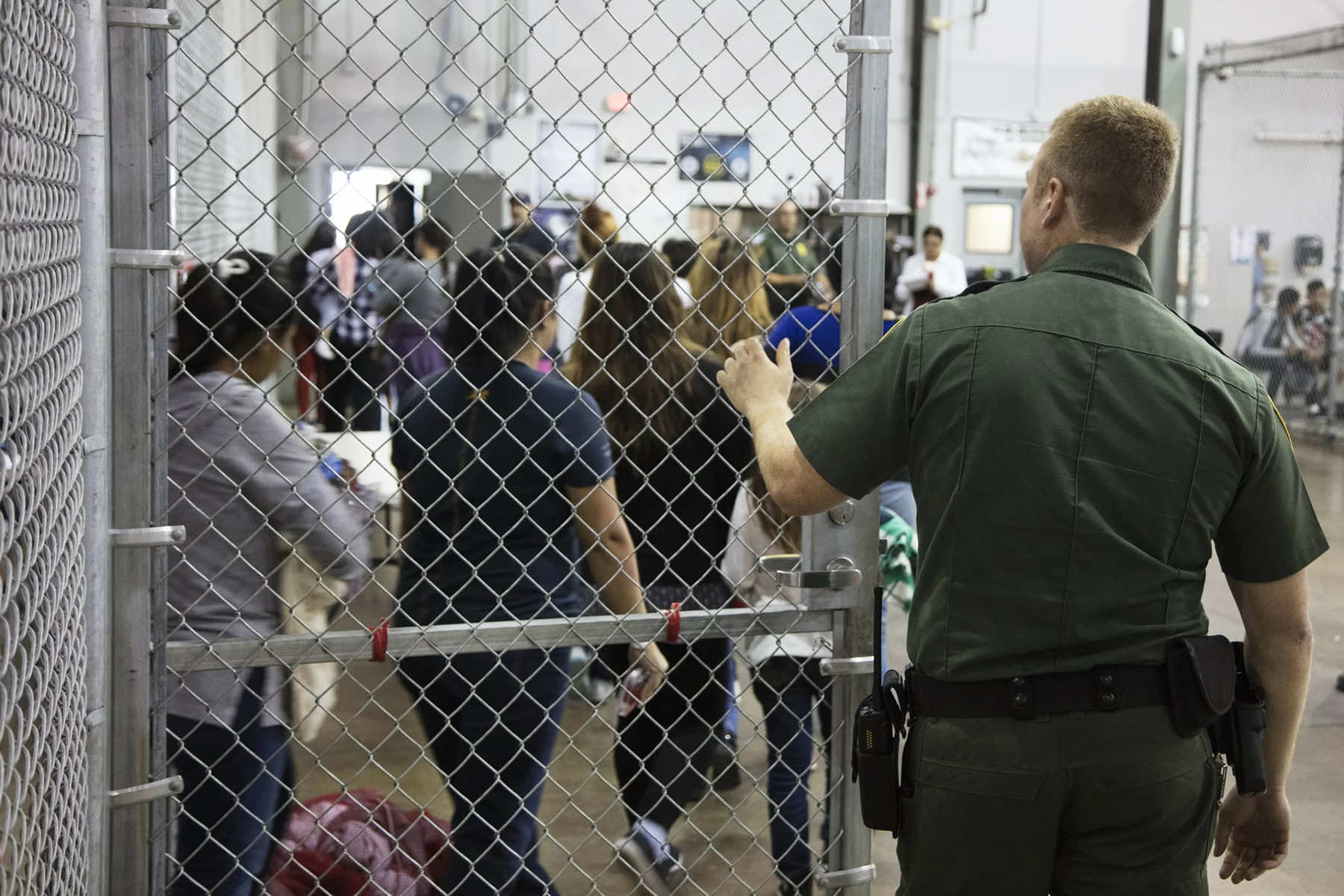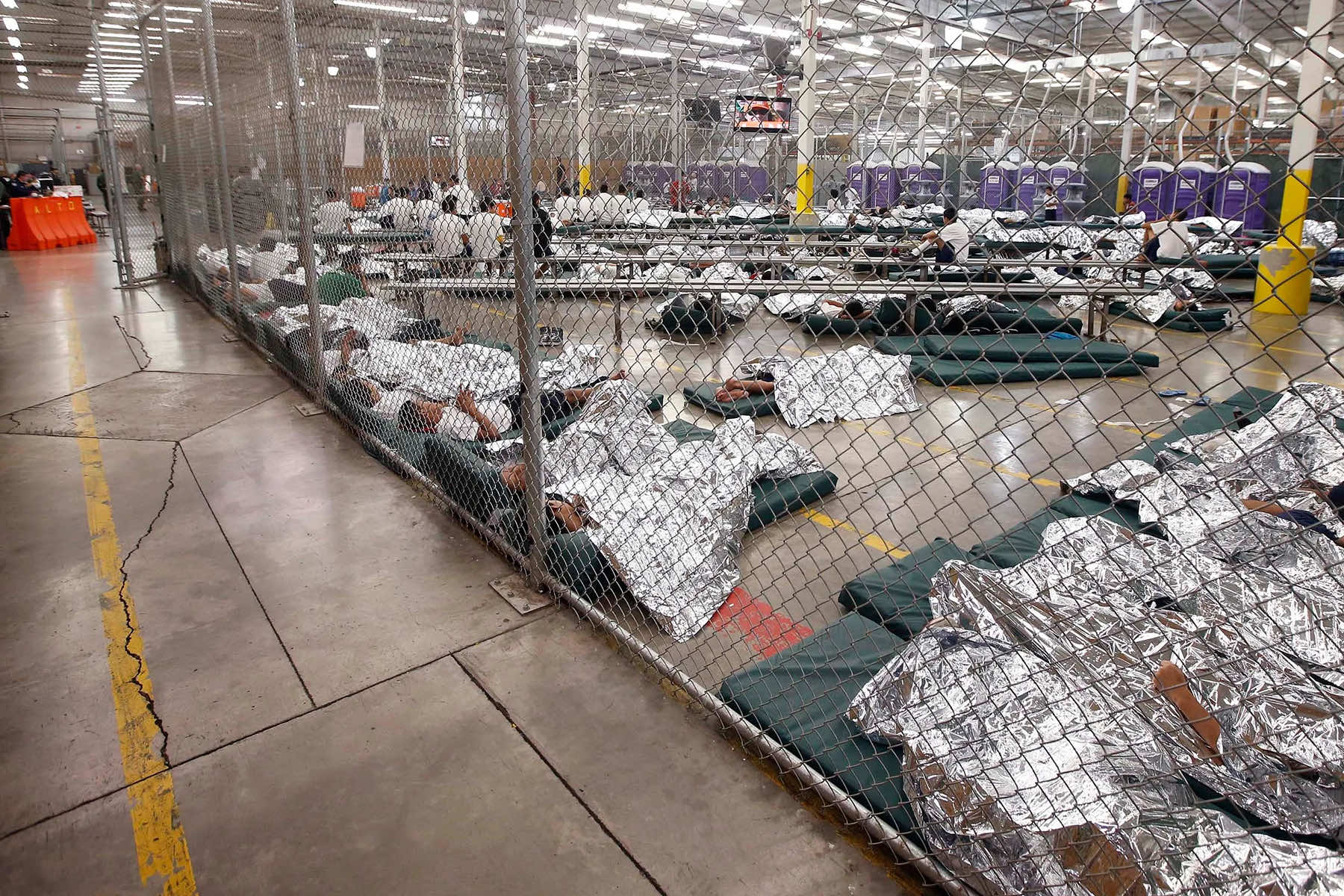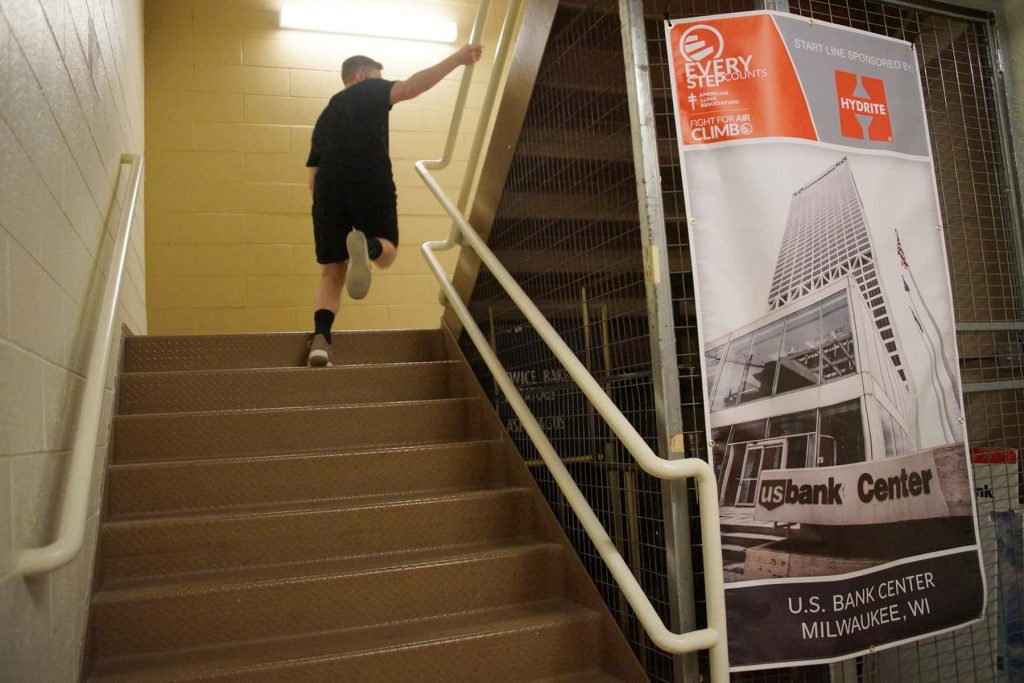
As private prison stocks soar in the wake of Donald Trump’s election victory, the U.S. faces a potentially transformative economic and human rights crisis.
With the president-elect’s plan to execute the “largest mass deportation operation” in U.S. history, the private prison industry has seen unprecedented gains, stoking fears of a costly humanitarian purge that will reshape the American labor force and burden taxpayers.
In the days following the election, GEO Group and CoreCivic, two of the country’s largest private prison companies, experienced dramatic stock surges of 56% and 57%, respectively. These numbers dwarf the growth seen in the months leading up to the election.
Investors are betting on Trump’s intentions to deport millions of undocumented immigrants. It would be a sweeping move that requires detaining large populations in facilities operated by the private prison industry, a sector that has already profited extensively from U.S. immigration policies under both Republican and Democratic administrations.
PRIVATE PRISONS AND TRUMP’S “UNPRECEDENTED OPPORTUNITY”
George Zoley, founder and chairperson of GEO Group, called Trump’s election an “unprecedented opportunity” for private detention services. In a recent earnings call, he pointed to the potential for rapid expansion as GEO Group readies its 18,000 available beds to accommodate the coming wave of detainees. According to Zoley, GEO’s existing infrastructure, including idle facilities, will provide “significant potential upside” if they are fully activated to house immigrants targeted for deportation.
“While our third-quarter results were below our expectations due to lower-than-expected revenues in our electronic monitoring and supervision services segment, we believe we have several potential sources of upside to our current quarterly run rate, with possible future growth opportunities across our diversified services platform,” said Zoley.
Zoley’s comments highlighted not only his eagerness to profit from modern-day concentration camps, but also his confidence in Trump’s ability to quickly deliver on his immigration agenda.
The anticipation of financial gains raises ethical concerns. Private prison companies like GEO Group and CoreCivic, which already profit heavily from the detainment of undocumented immigrants, stand to make billions more under Trump’s policies.
That relationship between political policy and private profits has led to questions about the role of privatization in the American criminal justice and immigration systems, especially when detainees report abuses in facilities where oversight is often limited.
THE STAGGERING COST OF MASS DEPORTATION
The economic toll of Trump’s mass deportation plans is expected to be extraordinary. A recent study from the American Immigration Council estimates that deporting all 13.3 million undocumented immigrants in the U.S. would cost around $315 billion. In comparison, deporting 1 million immigrants annually would cost nearly $1 trillion over a decade. Despite these figures, Trump has dismissed cost concerns, stating that there is “no price tag” on enforcing immigration laws.
However, experts warn that the social and financial impact of such a vast deportation effort will ripple through the economy. Industries that rely on immigrant labor, such as agriculture, construction, and hospitality, would face massive shortages, leading to labor disruptions that could raise production costs, drive inflation, and potentially increase consumer prices. The loss of labor could also push businesses to rethink operations or close altogether, significantly impacting both the private sector and American workers who depend on these industries.
HUMAN RIGHTS CONCERNS IN THE IMMIGRATION DETENTION INDUSTRY
As Trump accelerates plans to deport undocumented immigrants, the private detention industry has come under scrutiny for allegations of inhumane treatment. The Biden administration, despite efforts to reduce private criminal detention facilities, has still largely relied on private prisons for immigration detention, with over 90% of detained immigrants held in private facilities as of July 2023.
Private detention centers have faced documented allegations of abuse, including forced sterilizations, medical neglect, and the sexual assault of minors. These abuses, corroborated by a bipartisan U.S. Senate investigation in 2022, have sparked outrage among immigration and human rights advocates. LaSalle Corrections, another private detention operator, was recently scrutinized for claims of “family values” that clashed starkly with whistleblower reports of torture and neglect in its facilities.
Critics argue that Trump’s deportation initiative will only exacerbate these conditions. The privatization of immigration detention, they argue, prioritizes cost-cutting over humane treatment. With more detainees expected under Trump’s leadership, many fear that conditions will only worsen as private prison companies rush to accommodate demand.
THE FUTURE OF PRIVATE PRISONS IN A TRUMP ERA
Trump’s hardline immigration stance has historically benefited the private prison industry. During his first term, Trump’s policies led to an expansion of private detention facilities, including tent camps and detention centers that were often overcrowded and underregulated. With his latest push for mass deportations, the industry is preparing for another windfall.
However, the backlash could be significant. Many are questioning whether private prisons, motivated by profit rather than public good, should have such a central role in implementing U.S. immigration policies. Calls for comprehensive immigration reform and the end of private detention have grown louder, particularly as reports of abuses within these facilities continue to emerge.
THE NATIONAL DEBATE ON DEPORTATION AND PRIVATIZATION
As Trump prepares to take office, the nation finds itself at a crossroads in its approach to immigration and the use of private prisons. Advocates of Trump’s policies argue that strict immigration enforcement is necessary for national security and economic stability. But opponents believe these policies are not only prohibitively expensive but also ethically dubious, pointing to the human rights abuses associated with mass detention.
Economists, immigration experts, and labor organizations have expressed concern that Trump’s deportation plan will have lasting repercussions on the economy and workforce. The cost to taxpayers, the disruption of industries, and the potential for human rights abuses are all consequences that Americans will need to grapple with if these policies are enforced.
CONCLUSION: A PROFIT-DRIVEN APPROACH TO IMMIGRATION?
As Trump’s January inauguration nears, the implications of his immigration plans loom large. The cost, both in terms of dollars and human suffering, cannot be ignored. His return to office may usher in a new era of privatized detention and deportation, but it will come at a significant price. As these policies take shape, the nation will need to reckon with the impact on its economy, values, and social fabric.
© Photo
Ross D. Franklin (AP), Matt Rourke (AP), and U.S. Customs and Border Protection’s Rio Grande Valley Sector (via AP)

















